One community making an impact
1x1
We do everything we can to give animals a better life. With the best available science and our collaborative approach, that’s the promise we’ve kept for decades, but we can’t do it alone. Will you join us?
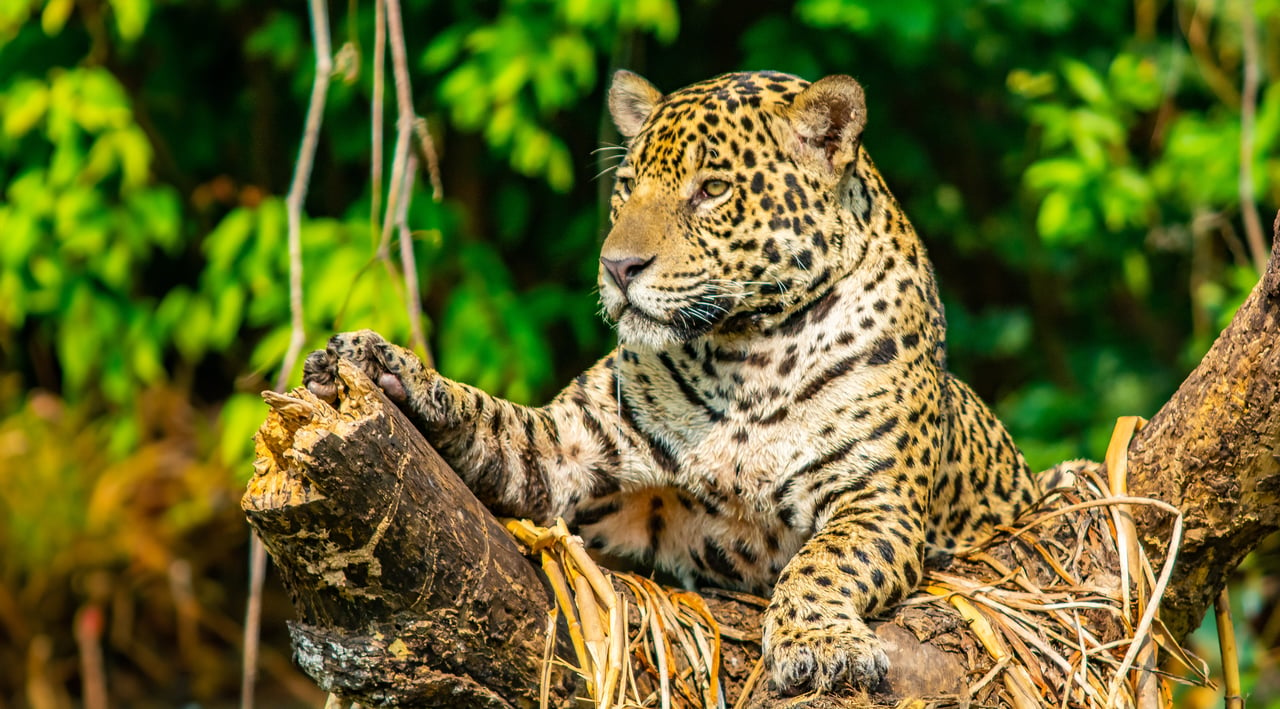
1x1
Every decision we make is an opportunity to play an important role in preserving our shared planet.
The climate crisis is the clearest example of how our impact as humans, consumers, and voters can be felt on the natural world.
Factory farming is almost always overlooked as a climate culprit, yet it’s factory farming that rips down forests to plant crops for animal feed – releasing carbon into the atmosphere. And it’s factory farming that devastates wildlife habitats, displaces local communities, and profits from the cruel treatment of billions of farmed animals each year.
What we do in our everyday lives, through the choices we make, has an impact.
Together, we can make a positive change for our climate, protect precious habitats, support local communities, and release billions of animals from a life of cruelty and pain. One by one.
High profile Canadians and World Animal Protection ambassadors, like Jann Arden, Siobhan Williams, and Candice Batista have shared their favourite ways to go “meatless” for a meal.
Adding another meatless day to your week can have a big impact on your carbon footprint and help animals, but sometimes the extra planning to change our habits take too much effort in our already busy lives. That’s why some amazing animal and eco-friendly Canadians are giving you a little extra inspiration.

Wildfires, floods and extreme weather events are becoming more frequent and severe with climate change, putting countless animals at risk. Learn what you can do to prepare and support animals affected by these disasters with our easy-to-follow preparedness checklist.
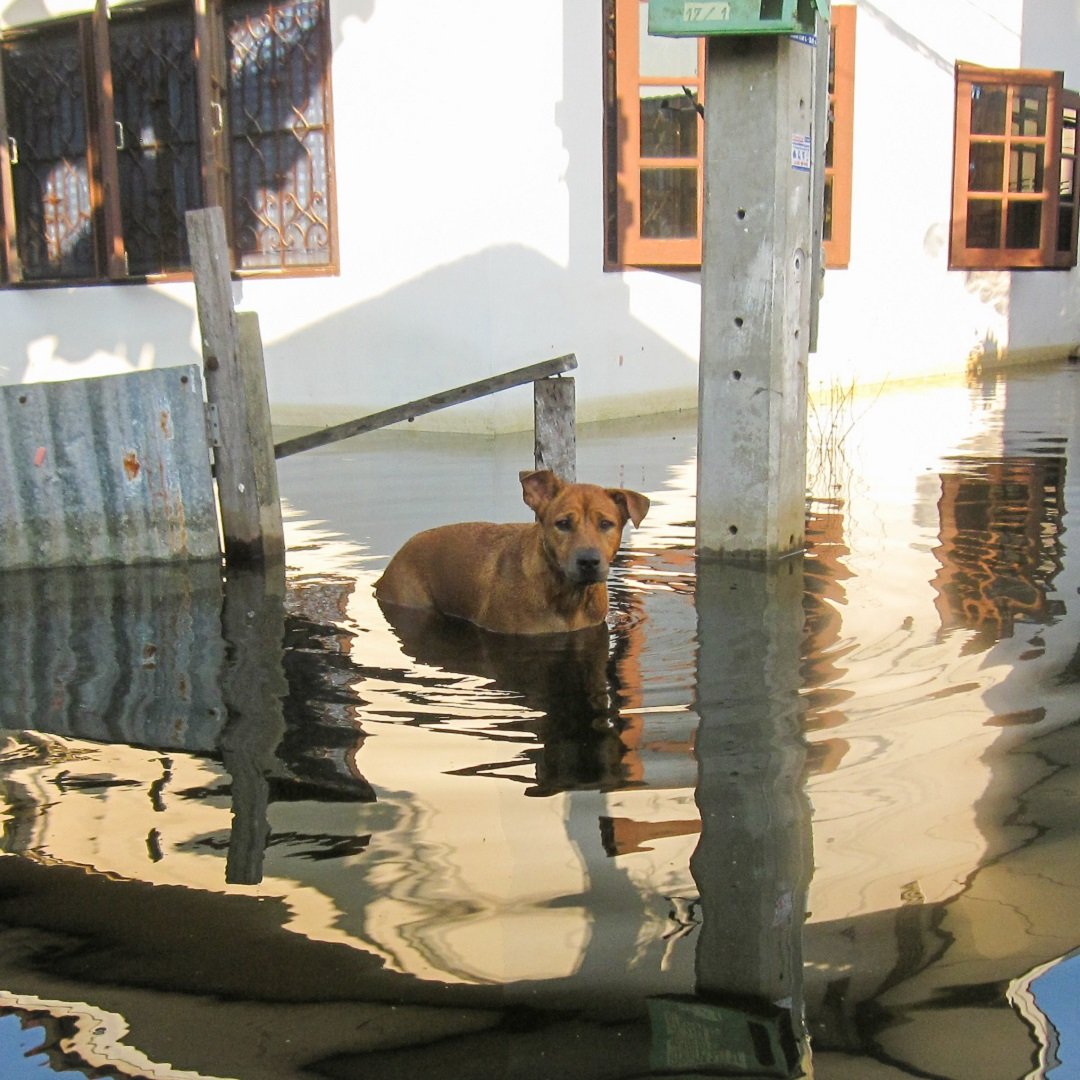
Devastating fires across Brazil caused wildlife like jaguars to lose their habitat and so much more. Sadly, most of Brazil's wildfires are started deliberately by the factory farming industry to clear land.
Xamã’s journey shows how harmful farming practices threaten animals and our planet and why protecting forests and promoting sustainable food systems is critical to saving wildlife and fighting climate change.
Watch Xama’s success story and his magnificent return to the wild.
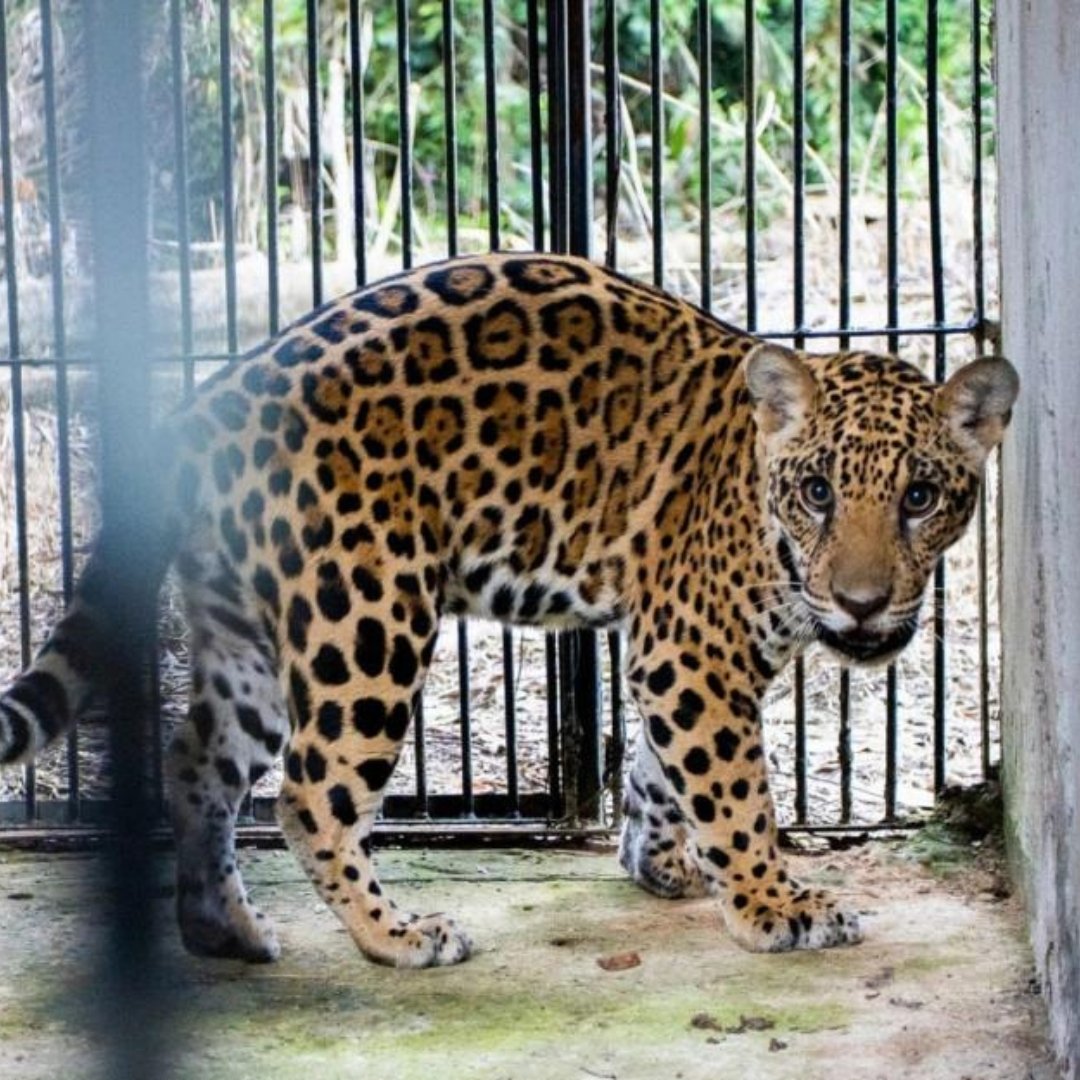
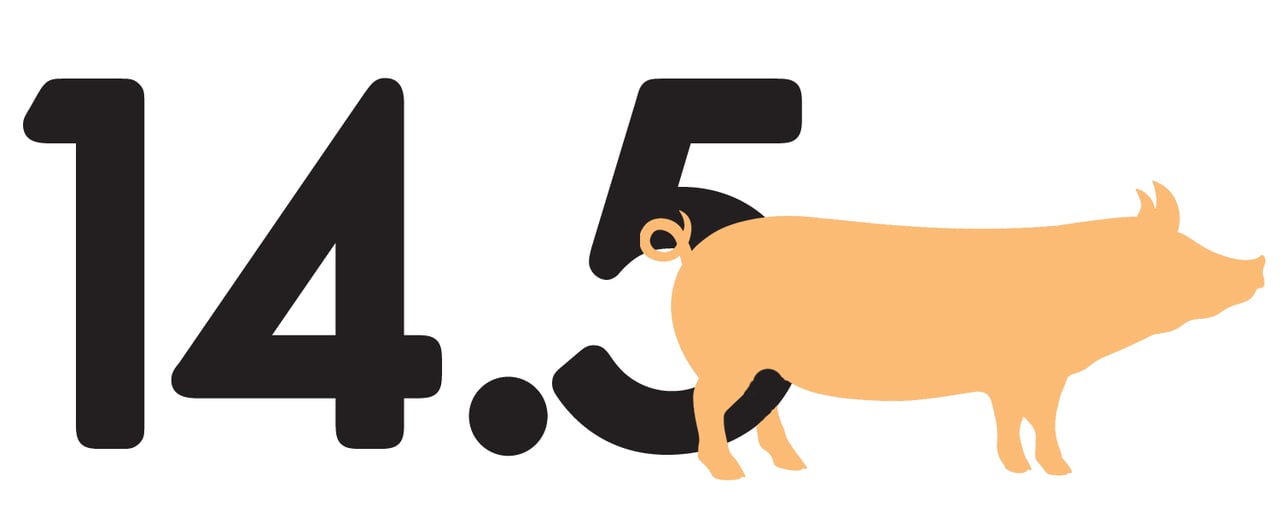

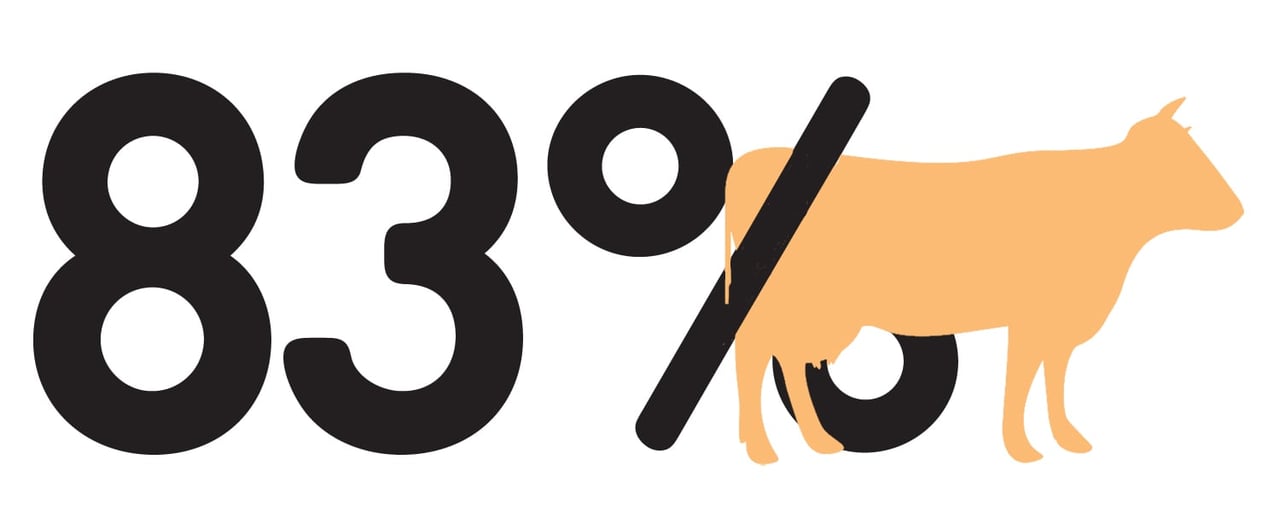
Join us as we work to transform the lives of animals. By joining our community you’ll receive updates and resources that will help you make informed decisions when animals are involved. Sign up today!
1x1
We do everything we can to give animals a better life. With the best available science and our collaborative approach, that’s the promise we’ve kept for decades, but we can’t do it alone. Will you join us?
1x1
Small changes to your diet can make a big impact. By simply making one day a week plant-based, you can make a difference for animals, your budget, your health, and the planet.
1x1
People everywhere want to see wildlife. It’s natural. What’s not natural is the demand to be close to wild animals means they are held captive and made to perform.